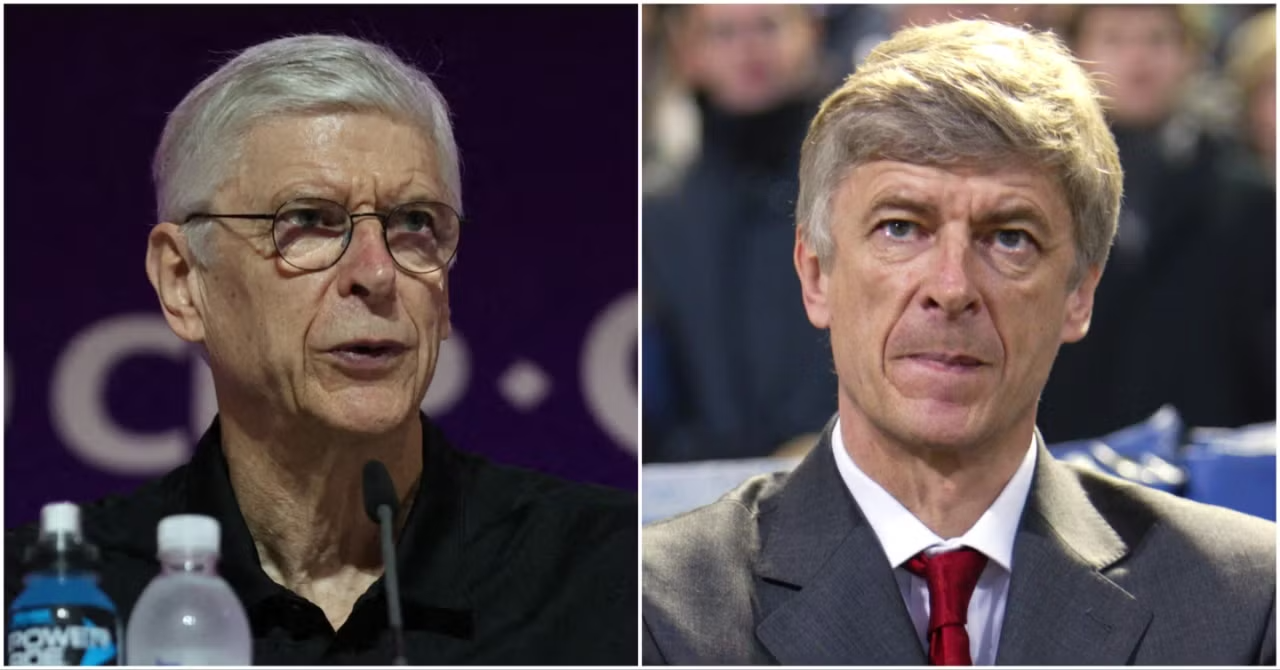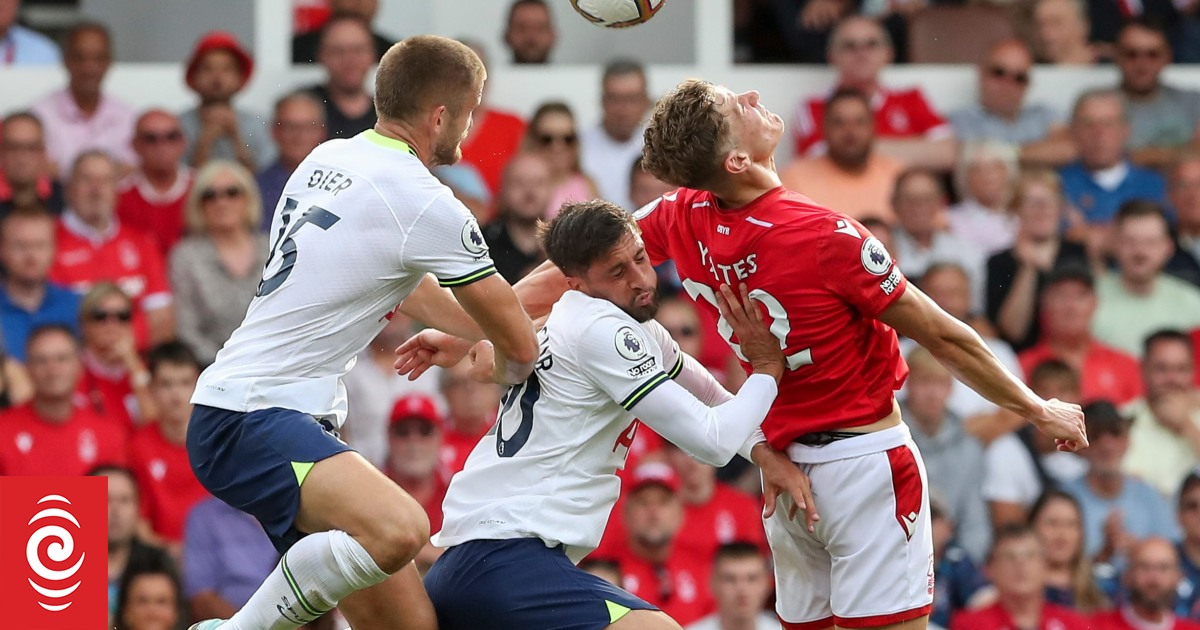Wenger defends Club World Cup
Wenger Defends Club World Cup Amid Growing Criticism
Arsène Wenger, the legendary former Arsenal manager and current FIFA’s Chief of Global Football Development, has stepped into the spotlight once again this time to firmly defend the expanded format of the FIFA Club World Cup. As critics from European leagues and club associations voice growing concern over the tournament’s timing, player welfare, and commercial motives, Wenger has made an impassioned case for its importance, arguing that the Club World Cup represents a significant step toward a more inclusive, globally representative football ecosystem.
The newly expanded Club World Cup, set to launch in 2025 in the United States, will feature 32 teams from six continents, resembling the structure of the FIFA World Cup. Wenger maintains that this evolution is not only long overdue but also essential in leveling the playing field for clubs across Africa, Asia, South America, and beyond. In a recent interview, he stated, “It’s no longer sustainable for global football to revolve solely around Europe. Talent is everywhere and this tournament allows clubs from every part of the world to prove their worth on a world stage.”
However, his remarks come at a time when resistance is mounting. Several top tier clubs in Europe have expressed frustration over fixture congestion, with domestic leagues and UEFA calendar commitments already stretching players and resources to the limit. The World Leagues Forum and the European Club Association have warned of potential legal action and player boycotts if changes aren’t negotiated. Yet Wenger has remained unmoved, asserting that football’s future lies in expanding its reach, not protecting entrenched power structures. “We cannot keep global football hostage to a few elite clubs,” he said, emphasizing the need for redistribution of exposure and revenue.
From Wenger’s perspective, the Club World Cup is not just a competition it’s a vision. He envisions it as a tournament that could inspire young fans and players from lesser known footballing nations and elevate club identities on the international scene. He highlighted clubs such as Al Ahly of Egypt, Flamengo of Brazil, and Urawa Red Diamonds of Japan, stating that their domestic dominance and regional influence deserve a world platform. By positioning the tournament in the U.S., FIFA also aims to tap into a lucrative but underutilized football market, further amplifying the sport’s global growth potential.
Wenger is also quick to dismiss arguments that the new format is purely commercially driven. “Yes, it generates revenue but that revenue can and should be reinvested in grassroots programs, women’s football, infrastructure, and youth academies in underfunded regions,” he explained. In his view, the economic potential of the Club World Cup should not be viewed as greed, but as an opportunity to strengthen football’s foundation globally. He has also assured that FIFA is exploring player welfare measures, including squad rotation rules, extended recovery windows, and medical protocols to ensure the tournament doesn’t exacerbate burnout.
His defense of the Club World Cup is aligned with his broader football philosophy one that champions equity, innovation, and access. During his time at Arsenal, Wenger was renowned for discovering and developing talent from all corners of the world. That same ethos now underpins his global vision at FIFA. “We must think beyond tradition. Football evolves, and this is evolution,” he remarked during a press briefing, drawing applause from developing football federations and club representatives outside Europe.
Still, the opposition is unlikely to fade quietly. UEFA President Aleksander Čeferin has expressed serious concerns over scheduling and player safety, while Premier League managers like Pep Guardiola and Jürgen Klopp have voiced fears about overburdening players. These tensions are setting the stage for a potential standoff between FIFA and Europe’s elite a conflict that could reshape the governance of the game in the years to come.
Nevertheless, Wenger remains resolute, believing history will ultimately validate the tournament’s mission. He concludes, “When we look back in 10 years, the Club World Cup will be seen not as a disruption, but as a unifying breakthrough a moment when we brought the entire football world to one table.” With just under a year to go before kickoff in 2025, all eyes will be on how the global football community navigates this ambitious, and potentially transformative, chapter.






 Nationwide Internship Program Launched to Empower High School Students
Nationwide Internship Program Launched to Empower High School Students  Reuters Bitcoin hits record $116,781 fueled by institutional demand
Reuters Bitcoin hits record $116,781 fueled by institutional demand  IIT Develops Biodegradable Plastic
IIT Develops Biodegradable Plastic  AI Startups Boom in Bengaluru
AI Startups Boom in Bengaluru  Mariners rally in 10th vs Yankees
Mariners rally in 10th vs Yankees